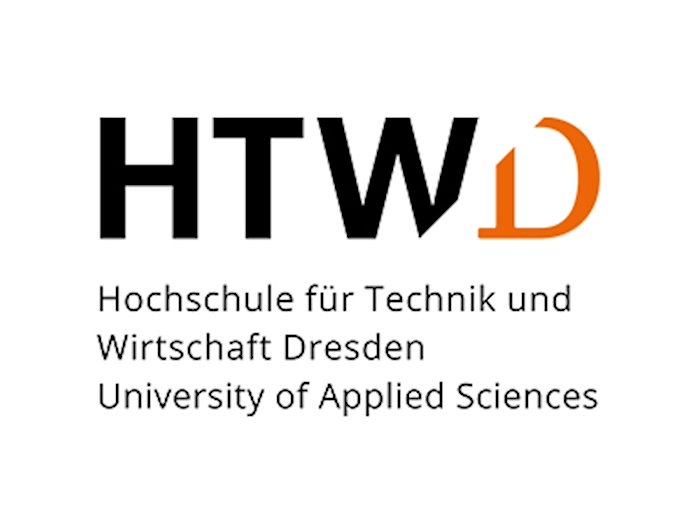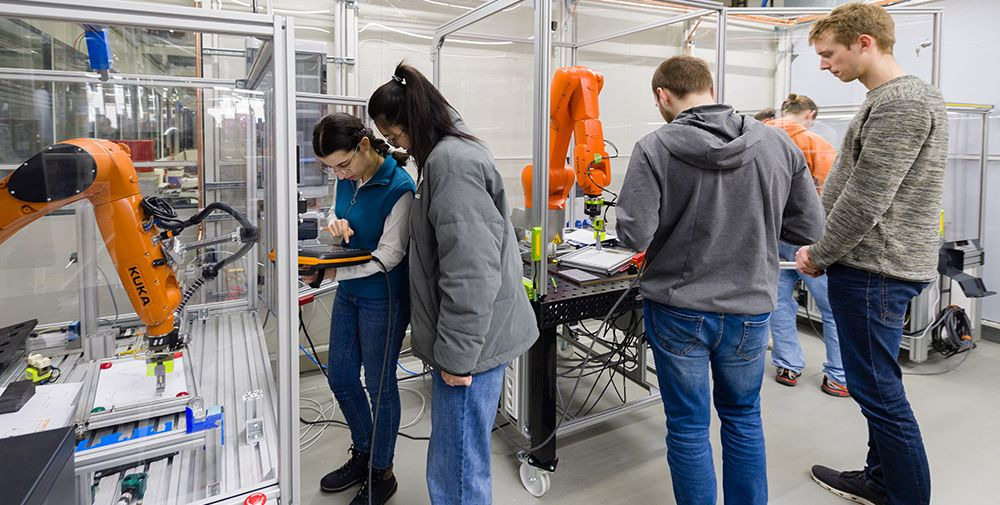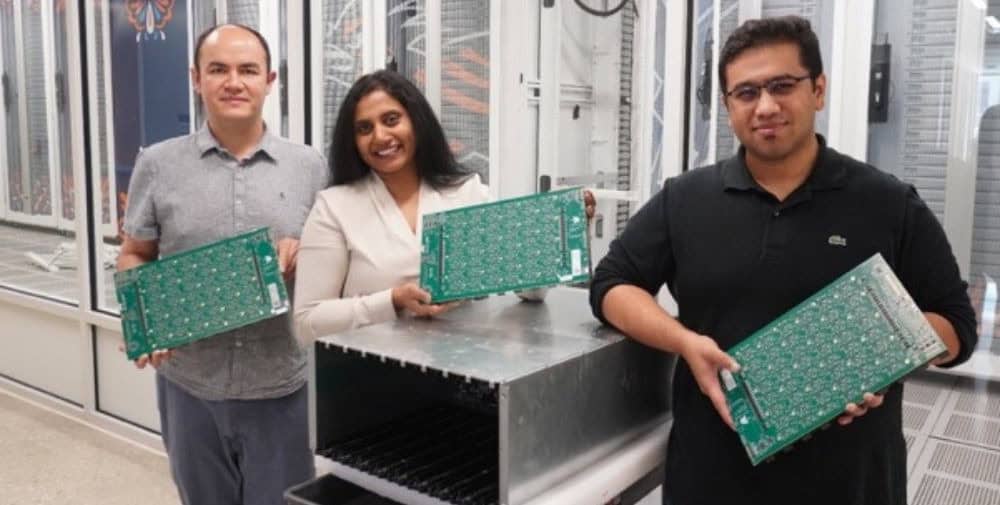
Robotics education with state-of-the-art infrastructure and hands-on focus
The center is not only equipped with state-of-the-art robots and tools, but also offers a comprehensive training infrastructure, including a fully automated robot cell and mobile training units. This equipment enables students to develop complex skills in robot programming and application while working on real industrial projects.
“Robotics will play a crucial role in industry in the future, and we want to ensure that our students are prepared for these challenges. By providing practical training, we are opening up new opportunities for our students and at the same time strengthening their competitiveness on the job market,” says Prof. Kühsel. The new technology center is not only open to students of the Faculty of Mechanical Engineering, but also to other disciplines that can benefit from the new training opportunities. Through collaboration with industry partners and the integration of current research topics, the center will become a hub for innovation and knowledge exchange in the field of robotics.
Cross-faculty teaching and additional qualification possible
The university offers practical robotics training for the “Applied Robotics” Master’s degree course. The courses take place as a block event during the project week of the semester and conclude with an examination by the company KUKA, whereby the students receive an industry certificate.
The course is also offered as an additional qualification during the semester break. To ensure effective training, a maximum of two students work on one robot. Practicals and exercises are offered during the semester for the Mechanical Engineering, Applied Robotics and Industrial Engineering courses. Practical joining processes such as spot welding and clinching are taught. Future exercises with Professor Robin Ullrich from the Faculty of Geoinformatics and Professor Thomas Rosenbaum from the Faculty of Mechanical Engineering are planned to investigate the use of robotics in the 3D surveying of industrial plants.
First robotics master’s course in Saxony
The new “Applied Robotics” course has been on offer since last winter semester. It offers students the opportunity to intensively study the latest developments in the field of robotics and acquire practical skills in the application of robot technology. They receive in-depth training in the fields of robotics, automation technology, programming and machine learning. Graduates are ideally equipped to work successfully in various sectors such as the automotive industry, aerospace, logistics, medicine and many others. The demand for professionals with expertise in robotics is constantly growing, and this degree course offers an excellent opportunity to specialize in a promising field.
Professor Kühsel understands the term “grasping” literally and places great importance on practical training. “Robotics will be important for a functioning economy and industry in Germany, especially in view of the shortage of skilled workers and demographic trends. In addition, robotics is opening up more and more areas of application, be it in agriculture, service, medicine or the leisure sector through to culture and art.”
Practical training, moving and programming a robot creates a new understanding of technology. This knowledge can be used in the planning and design of robotic systems.
About the Master’s degree course in Applied Robotics
The Master’s degree course in Applied Robotics offers an interdisciplinary education in the fields of electrical engineering, computer science and mechanical engineering. Students acquire knowledge in process simulation and virtual commissioning for the configuration and use of digital twins. They also learn methods of human-machine collaboration and how these can be used for practical applications. Graduates are able to design, organize and carry out scientific projects in the field of robotics.
– – – – – –
Further links
👉 www.htw-dresden.de
👉 Master’s degree program “Applied Robotics”
Photo: HTWD/ Peter Sebb




